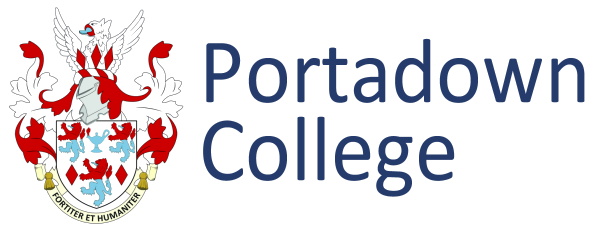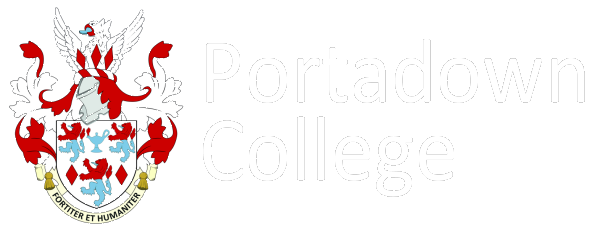GCSE Mathematics
Examination Board: CCEA
What is GCSE Mathematics about?
This is a core subject which enables students to use mathematics as a tool for learning across the curriculum. Students will develop the knowledge and skills necessary for the application of concepts in a practical context. They will use their skills of logic and reason to solve problems.
What will I study?
| Content | Assessment | Weighting |
| Module M3 or M4 | Written Examination (with calculator) | 45% |
| Module M6, M7 or M8 | Written Examination ( one paper without calculator and one with calculator) | 55% |
Each unit contains elements of Number and Algebra, Geometry and Measures and Handling Data.
What can this subject lead to?
This subject is a necessary numeracy qualification for all students.
A grade C or above will be an essential requirement for entry to further courses of study and future employment. A number of A Level courses will require a grade B and if a student obtains a grade A from modules M4 and M8, they may proceed to study A Level Mathematics.
There is no controlled assessment for GCSE Mathematics.
GCSE Further Mathematics
Examination Board: CCEA
What is Further Mathematics about?
This is a subject developed for high-attaining students who wish to broaden their mathematical experience. The course provides the essential foundation for study of A Level Mathematics and is also a very useful subject for those students wishing to study A Level Physics.
What will I study?
| Content | Assessment | Weighting |
Unit 1: Pure Mathematics
Algebra, trigonometry, logarithms, matrices and calculus | Written Examination | 50% |
Unit 2: Mechanics
Kinematics, vectors, forces and moments | Written Examination | 25% |
Unit 3: Statistics
Probability distributions and bivariate analysis | Written Examination | 25% |
What can this subject lead to?
Further Mathematics allows students to access the knowledge and develop the skills for the study of subjects such as sciences, geography, business, economics and technology. This will lead many of them to careers in science, engineering, finance and accounting.
Further Mathematics Assessment for GCSE Subject Choice
Students considering studying GCSE Further Maths are required to complete this assessment to ascertain if this is a suitable pathway.
For more information on this assessment please go to Parents/Policies & Documents – Information on the Further Maths Assessment for Year 11 Subject Choice






